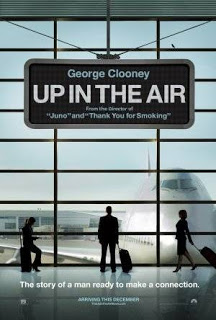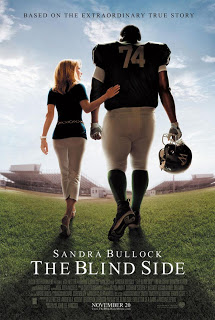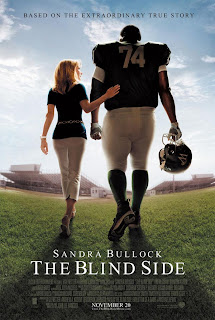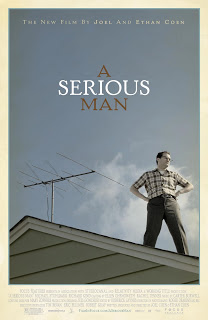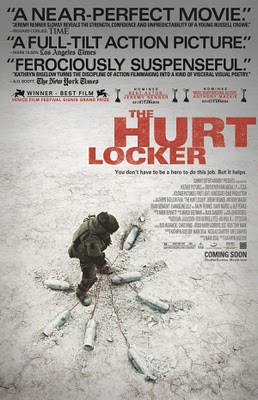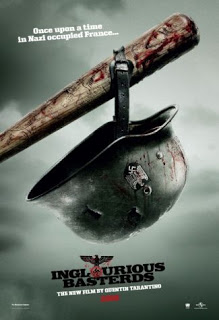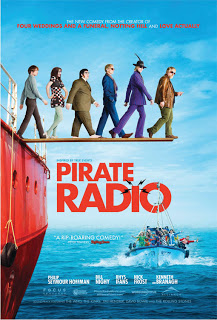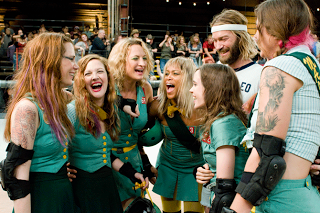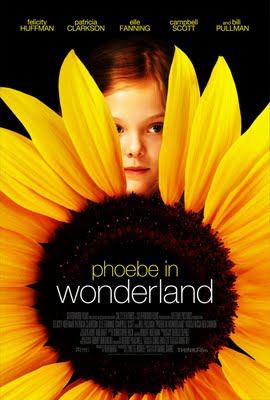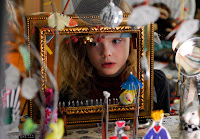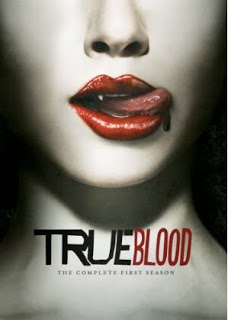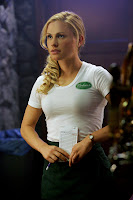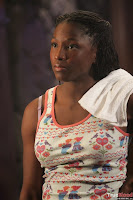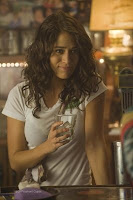No. No to the over-abundant racial stereotypes showcased throughout the film. No to the kind-hearted southern woman as the Black man’s White Savior. No to the shallow, embarrassing, surface-level portrayal of class issues. No to the constant heavy-handed references to God and prayer and sexual morality. No to falling back on the tired tropes of wives as mommies and women as over-bearing and emasculating ball-busters. No to this film’s best picture nomination. Just … no.
imdb synopsis, as composed by Anonymous:
The Blind Side depicts the story of Michael Oher, a homeless African-American youngster from a broken home, taken in by the Touhys, a well-to-do white family who help him fulfill his potential. At the same time, Oher’s presence in the Touhys’ lives leads them to some insightful self-discoveries of their own.
Living in his new environment, the teen faces a completely different set of challenges to overcome. As a football player and student, Oher works hard and, with the help of his coaches and adopted family, becomes an All-American offensive left tackle.
The real synopsis, as composed by me:
The Blind Side depicts the story of a white woman who sees a Black man walking down the street in the rain. She tells her husband to stop the car, and he obliges—oh, his wife is just so crazy sometimes!—then, out of the goodness of her white heart, she allows him to spend the night in their offensively enormous home.
Unfortunately, she can’t sleep very well—the Black man might steal some of their very important shit! But the next day, when she sees that he’s folded his blankets and sheets nicely on the couch, she realizes that, hey, maybe all Black men really aren’t thieving thugs.
Then she saves his life.
There’s a way to tell a true story, and there’s a way to completely botch the shit out of a true story. Shit-botching, in this instance, might include basing the entire film around an upper-class white woman’s struggle to essentially reform a young Black man by taking him in, buying him clothes, getting him a tutor, teaching him how to tackle, and threatening to kill a group of young Black men he used to hang out with.
However, a filmmaker might consider, when telling the true story of Michael Oher’s struggles to overcome his amazing obstacles, to actually base the film on the true story of Michael Oher’s struggles to overcome his amazing obstacles.
Instead, we get Leigh Anne Tuohy (Sandra Bullock) as the adorable southern heroine. We get the white football coach’s unwillingness to stand by his Black player, until one day, he has a revelation on the field and screams at a referee for making yet another terrible call against Oher. The result? The viewer gets to cheer—not for Oher, mind you—but for the lesson the coach finally learned: racism is bad! Yay white people! We rock! This is all very problematic because the story, which should’ve been about Oher, plays from beginning to end like a manipulative montage of white guilt.
Basically, each white person learns a valuable lesson in this movie: Black people aren’t bad, as long as they’re reformed by upper-class white people.
While we have Oher, a soft-spoken, likable football player, we also have Oher’s former friends, a group of young Black men based entirely on stereotypes of inner-city gun-toters. In those scenes, Black men are the polar opposite of Oher, consistently sexually harassing women, waving guns around, starting fights, and generally looking all dangerous and shit. So when Tuohy confronts them for messing with Oher, the viewer can’t help but root for her; she’s merely protecting her adopted son after all.
As a result, the audience strongly identifies with an upper-class conservative white woman as she threatens a group of inner-city Black men. She says, “If you so much as set foot downtown you will be sorry. I’m in a prayer group with the D.A., I’m a member of the NRA, and I’m always packing.”
We’re meant to find that funny. I don’t find it funny. Because overall, the moral of that scene, and of this entire fake true story about Michael Oher, basically goes like this: White woman good. Black men bad. White woman make one black man good.
She even stands up to her upper-class white friends who also, as luck would have it, are based on the worst stereotypes of upper-class white women you can possibly imagine: cold, snobbish, morally superior, complete assholes who occasionally get together for lunch and discuss money or something. The scenes with these women serve one purpose: for them to act overtly racist so that Leigh Anne Tuohy can go all heroine on our asses again, telling off the women and leaving them alone and flabbergasted at the table. How dare she!
If you count those non-conversations about nothing as “conversations among women,” then I suppose this film technically passes the Bechdel Test. But the portrayal of women in this film? Embarrassing.
At first, I wanted to identify with Bullock, to see her as a strong, complicated female lead. But when I realized her character is nothing more than a vehicle for upper-middle-class white America to feel good about itself, well, that pretty much killed it for me.
To make matters worse, if possible, the filmmakers use Tuohy’s outspoken personality to emasculate men, especially the football coach. She’s overly feminine, too, which makes her outspokenness almost adorable, and, in turn, permitted. Even her husband has given up trying to argue with her, which is played as a cutesy marriage thing, where the emasculated husband does whatever his wife says because she’s all blunt and endearing.
And as a mommy, my god! What does she think she’s doing bringing a looming Black man into her home? What kind of mother would do that? These are the questions asked by the stereotypes-disguised-as-upper-class-white-women, and they jar Tuohy enough that she goes immediately into Good Mother mode, having a sit-down with her daughter to discuss Oher’s presence in their home. Maybe that’s fine, but where’s Daddy in this discussion?
What I’m saying is this: I don’t know what the hell the Academy was thinking this year when it tossed up The Blind Side as a Best Picture contender, but remember, this is also the same group of people who awarded the Best Picture Oscar to Crash in 2005. Five years have passed—is it already time to recognize yet another racist film that blindly (ha) reinforces the exact stereotypes it attempts to rail against?
 *This is a guest post from Kate Staiger.
*This is a guest post from Kate Staiger.